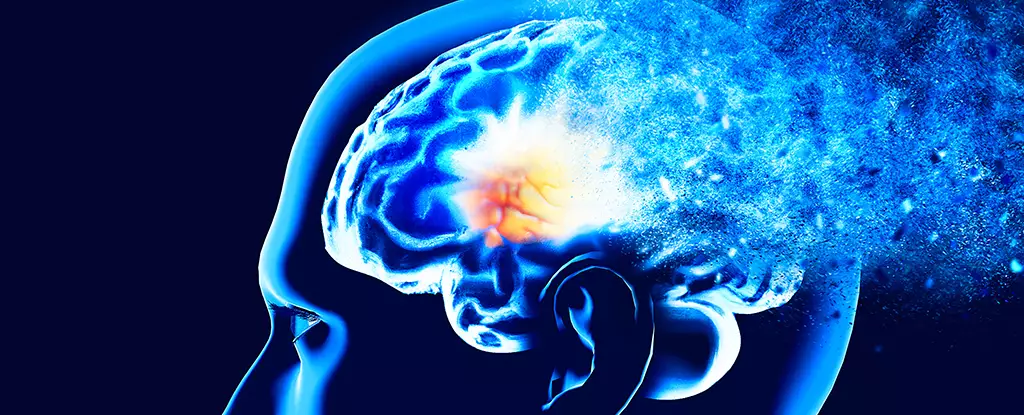Young-onset dementia (YOD) is often overshadowed by the more prevalent narrative concerning dementia in older adults. However, the reality is startling: hundreds of thousands of individuals under the age of 65 grapple with this complex condition each year. Recent research from late 2023 has ignited a new discourse by shifting the focus from mere genetic predispositions to a deeper exploration of lifestyle and health factors. This landmark study not only exposes the risk factors associated with YOD but also challenges the deterministic view of dementia as solely a genetic illness. For many, this news should evoke a sense of urgency that compels us to examine how our choices affect brain health in real and impactful ways.
The Research That Changed the Narrative
Led by the eminent epidemiologist David Llewellyn from the University of Exeter, this research is described as the most comprehensive of its kind. With a staggering 356,052 participants under 65 in the UK, the team uncovered an extensive list of 15 health and lifestyle factors linked to increased risks of YOD. Among these, socio-economic status, social isolation, stroke, heart disease, and depression stand out. The amplification of these common yet often overlooked issues puts the spotlight on the preventative potential of lifestyle changes. If we have the ability to alter these variables in our lives, we must ask ourselves—why aren’t we more proactive?
Searching for Solutions in Lifestyle
What the findings scream is not just a call for further research but an immediate demand for action. The reality that vitamin D deficiency and inflammation markers like C-reactive protein correlate with higher risks cannot be casually dismissed. Instead, they beckon us toward corrective measures—improved diets, increased physical activity, and better stress management. Even the relationship between alcohol consumption and YOD surfaced intriguing complexities; while alcohol abuse can escalate the risk, moderate drinking might correlate with reduced chances. These findings subtly indicate that quality of life is intertwined with brain health, suggesting that a comprehensive approach to lifestyle enhancement could be our best tool in combating YOD.
The Myth of Genetics: A Call to Action
Many cling to the myth that genetic fate is inescapable. The study’s revelation that only a subset of genetic variants (specifically, two copies of the ApoE4 ε4 allele) elevates risk challenges us to reject fatalism. If over half of the known risk factors for YOD are modifiable, why not seize the opportunity to take control of our health narratives? It’s time for a paradigm shift—one that embraces the understanding that our lifestyle choices may be well within our reach and can significantly influence our risks of developing debilitating conditions later in life.
Societal Responsibility: Addressing Mental Health
The interplay between mental health and physical well-being is another critical aspect highlighted in the research. Social isolation, chronic stress, and depression are not merely individual struggles but societal issues that require collective responsibility. If we want to reduce YOD risks, it is imperative to enhance our societal framework. Investments in community programs that cultivate social connections, expand mental health resources, and prioritize wellness can serve as a counterweight against the devastating impacts of YOD and other forms of dementia.
The Urgency of Advocating Change
Perhaps the most poignant takeaway from this research is its optimistic message: we aren’t helpless. The capacity to manage and even mitigate dementia risks lies within our individual choices and collective societal actions. The road forward demands concerted advocacy for policies promoting healthier lifestyles across demographic lines. By recognizing the breadth of modifiable risk factors and prioritizing a holistic approach to health care—one that encompasses both physical and mental health—we stand to revolutionize our understanding and approach to dementia, particularly in younger populations.
As we discuss this extensively in public forums, it becomes crucial to confront the stigma attached to dementia and challenge the narrative that these are conditions reserved for the elderly. It is time to understand that young-onset dementia, too, holds its rightful place within the urgent societal conversation surrounding health, education, and preventative measures. The shadows of YOD are upon us, and in the pursuit of a brighter, bolder future, we must stand ready to act.

Leave a Reply